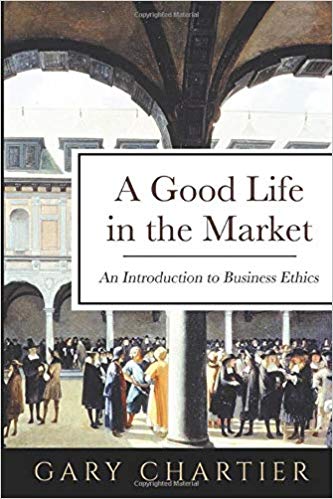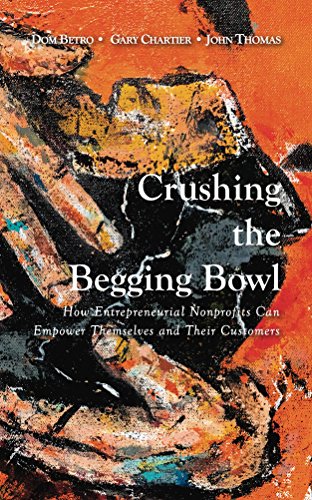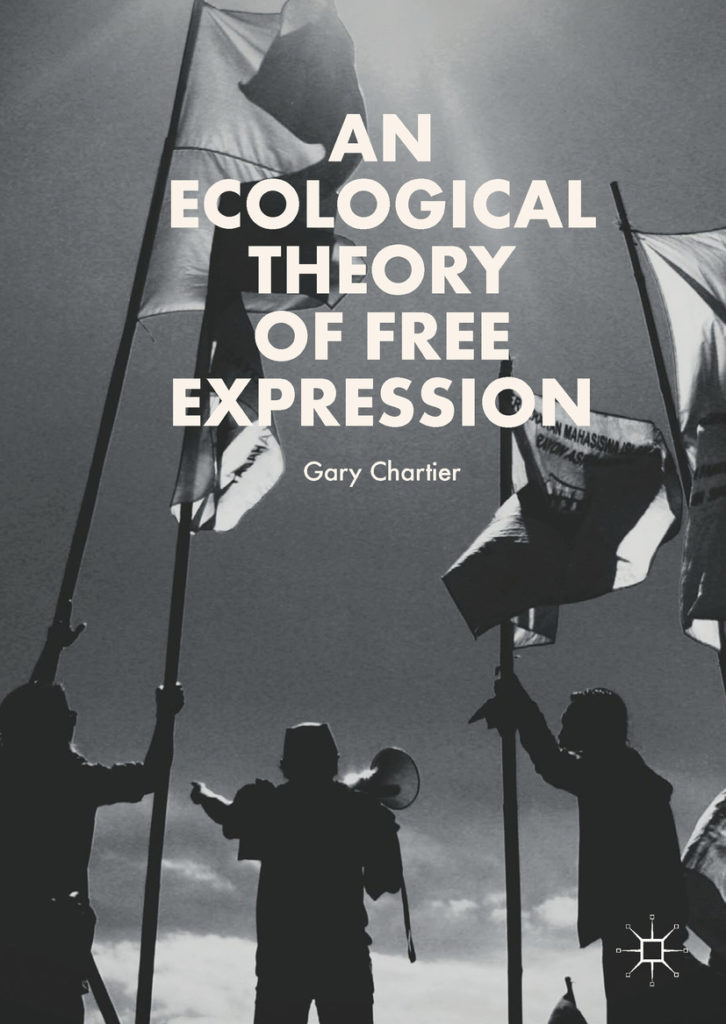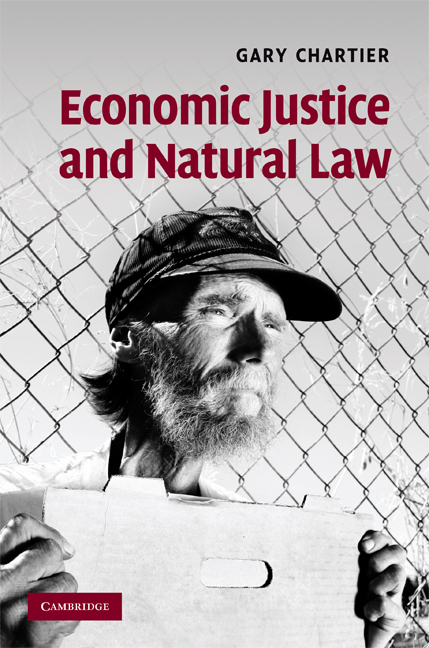
A Good Life in the Market
A Good Life in the Market develops a framework for thinking about business ethics, examining the nature and potential of markets before crisply exploring a set of important issues—from immigration to intellectual property to boycotts to workplace governance. Provocative, engaging, and conversational, Gary Chartier offers tools and perspectives that will help you flourish in the world of business.

Crushing the Begging Bowl
A begging bowl symbolizes a monk’s dependence on others. Few nonprofits practice poverty like monks. But begging has been institutionalized in the form of reliance on charitable giving instead of self sustaining entrepreneurial economic strategies. The begging bowl does not solve societal problems: it compounds them. We need to crush the begging bowl—to find alternate ways of meeting the challenges nonprofits confront. In Crushing the Begging Bowl, nonprofit chief executive Dom Betro and academics John Thomas and Gary Chartier explain how one organization transformed itself and became self-sustaining and financially secure. They invite readers to join an exciting movement committed to empowering nonprofits by enabling them to think like for-profit businesses.

The Logic of Commitment
This book develops and defends a conception of commitment and explores its limits. Gary Chartier shows how commitment serves to resolve conflicts between ordinary moral intuitions and the reality that the basic aspects of human well-being are incommensurable. He outlines a variety of overlapping and mutually reinforcing rationales for making commitments, explores the relationship between commitment and vocation and the relevance of commitment to love, and examines instances in which it might make sense to disregard one’s commitments.

An Ecological Theory of Free Expression
This book advances a comprehensive moral defense of freedom of expression—one with implications for law and policy, but also for the choices of individuals and the practices of businesses and non-profits. Gary Chartier shows how the importance of expressive freedom reflects mutually supportive concerns related to property rights, autonomy, flourishing, and discovery. He applies his model of free expression provocatively to a range of contemporary issues

Anarchy and Legal Order
This book elaborates and defends the idea of law without the state. Animated by a vision of peaceful, voluntary cooperation as a social ideal and building on a careful account of non-aggression, it features a clear explanation of why the state is illegitimate, dangerous and unnecessary. It proposes an understanding of how law enforcement in a stateless society could be legitimate and what the optimal substance of law without the state might be, suggests ways in which a stateless legal order could foster the growth of a culture of freedom.

Public Practice, Private Law
Marriage is ordinarily a public practice, supported by, as well as supportive of, society. But it need not fall within the purview of the state. Public Practice, Private Law articulates a conception of marriage as a morally rich and important institution that ought to be subject to private rather than legislative or judicial ordering. It elaborates a robust understanding of marriage that captures what both different-sex and same-sex couples might see as valuable about their relationships.

Flourishing Lives
This book elaborates, illuminates, and illustrates a confident and attractive account of social and political liberalism in light of a rich understanding of flourishing and fulfillment rooted in a version of natural law theory. Examining issues in ethics, law, and politics—including consumer responsibility, the assignment of grades by teachers, deception by lawyers, war and empire, and the use of victim-impact statements in parole decisions—Gary Chartier shows how natural law theory can effectively support pluralism, diversity, social equality, integrity, peace, and freedom.

Economic Justice and Natural Law
This book elaborates an account of economic justice rooted in the natural law tradition, explaining its relevance to economic issues and developing natural law accounts of property, work, and economic security. Gary Chartier effectively uses a natural law perspective to illuminate a range of issues related to ownership, production, distribution, and consumption.
